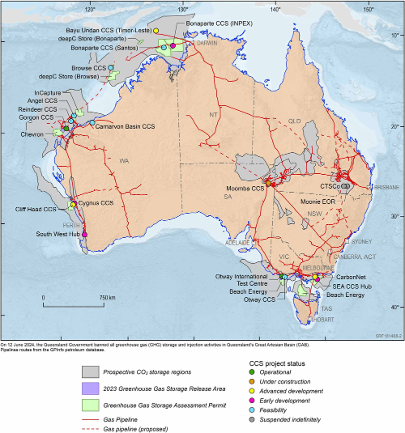Trains are considered 9 times more efficient in reducing GHG emissions when compared to trucks
- Decarbonology
- Feb 14, 2023
- 2 min read

Rail logistics will continue to become more competitive in terms of pricing and environmental benefits due to fewer emissions per ton of cargo transported compared to trucks.
Greenhouse gas emissions from trains and trucks vary greatly depending on many factors, including the type of fuel used, the efficiency of the vehicles, the number of stops and the amount of cargo being carried. In general, trains tend to be more energy efficient compared to trucks and produce fewer emissions per ton of cargo transported. Based on a detailed study conducted by Decarbonology, trains are considered 9 times more efficient in reducing greenhouse gas emissions when compared to trucks. When factored together with a carbon price forecast to rise to between AUD 80-130 per tCO2-e by 2030 (depends on quality, standard and type), there are strong commercial and environmental benefits to start planning a move to for rail transport as soon as possible.
In Australia, diesel is used to power the majority of rail and road transport. Trains are more efficient at moving cargo compared to trucks. A single locomotive can pull hundreds of rail cars, each carrying thousands of tons of cargo whilst a single truck can only carry a limited amount of cargo, and is less efficient as a result, in terms of both energy and effort. As trains evolve towards alternative fuel sources, such as electricity or green hydrogen, then the generation source becomes important. Trains powered by electricity generated from non-emitting sources, such as wind, solar, geothermal or hydro power have the lowest carbon emissions.
Infrastructure investment plays a vital strategic economic role in Australia’s long-term core strengths. Recognising the importance of infrastructure to Australia’s economy, and due to global climate change initiatives and the international pricing of carbon, rail logistics are the natural choice in terms of pricing and environmental benefits due to fewer emissions per ton of cargo transported.
Infrastructure, manufacturing and agricultural industries are closely linked. An efficient freight supply chain is critical to ensure we are well-placed to meet the high demands of a domestic and global food market. Further, sustainable infrastructure must be planned, designed, and delivered to meet the needs of society whilst enhancing Australia’s environment and economy. The team at Decarbonology can assist you align with a low carbon future and economy. Contact us at: admin@decarbonology.com
References:
Bureau of Infrastructure, Transport and Regional Economics (BITRE)
Australian Railway Association ‘Value of Rail’ report
Decarbonology research 2022 and 2023
Gg CO2-e = (gigagrams of CO2 equivalent)
tkm = freight tonne kilometres (TKM)
Full fuel cycle refers here to Scope 1, Scope 2 and Scope 3 emissions associated with energy use, as defined by BITRE (2021). It is not a full lifecycle analysis.
In memory of Dr Sally Rowlands




Comments